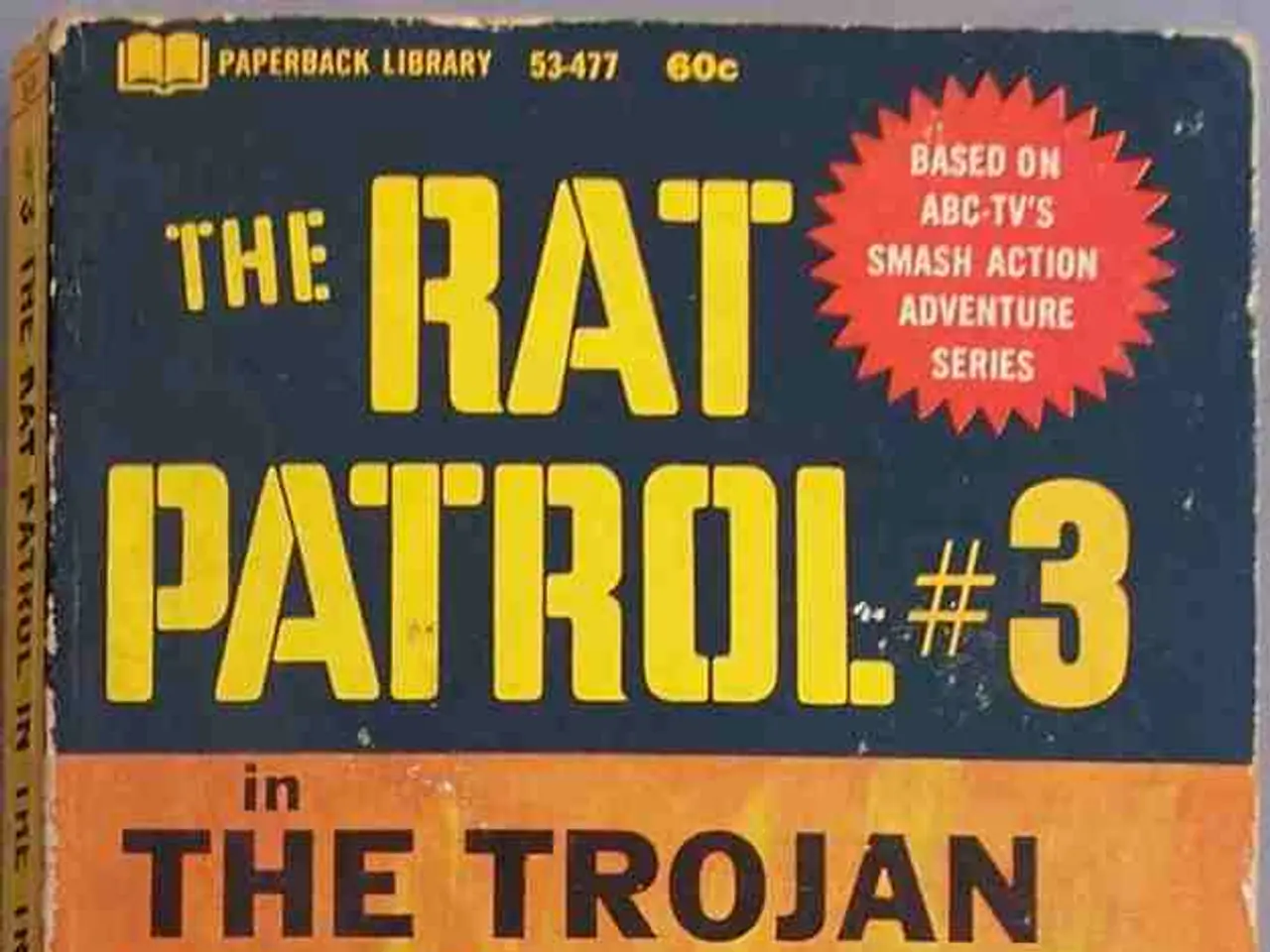Memorialized in Nagasaki: The suffering souls from the atomic explosion event
In the Japanese city of Nagasaki, the 80th anniversary of the atomic bombing was solemnly commemorated this week. The event was marked by a minute of silence at 11:02 am local time, the exact moment when the "Fat Man" atomic bomb was dropped over Nagasaki in 1945.
The city's mayor, Shiro Suzuki, delivered a poignant peace declaration, calling on the world to learn from history and ensure that Nagasaki remains the last city to suffer a nuclear inferno. Suzuki's call was a powerful reminder of the horrors of war and the urgent need for nuclear disarmament.
Suzuki warned of the growing danger of a nuclear war, stating that the existential crisis for humanity has become immediate for each person on Earth. He emphasised that Nagasaki serves as a symbol of the horrors of war, with approximately 70,000 people killed instantly when the atomic bomb was dropped, and another 75,000 injured.
The mayor's call was not a new one. Three days earlier, Hiroshima's mayor had made a similar appeal. Both cities, devastated by the atomic bombings, stand as symbols of both the horrors of war and peace. Three days before the Nagasaki bombing, the US had devastated Hiroshima with an atomic bomb of lesser yield.
In his declaration, Suzuki also called on Japan's government to join the 2017 UN Treaty on the Prohibition of Nuclear Weapons (TPNW). Japan, the only country to have suffered atomic bombings, has not joined the TPNW and remains reliant on the U.S. nuclear deterrent while officially advocating for a world free of nuclear weapons.
The Japanese government expresses a dual stance: continuing reliance on U.S. nuclear deterrence for defense, particularly given regional threats from China and North Korea, and striving for eventual nuclear disarmament. This balancing act between national defense responsibilities and its security alliance with the U.S. has been a contentious issue, with strong civil society and survivor advocacy urging Japan’s accession to the TPNW in reconciliation with the legacy of Hiroshima and Nagasaki.
The grassroots movement represented by Nihon Hidankyo, an organisation consisting of survivors of the atomic bombings of Hiroshima and Nagasaki, demonstrates the power of civil society. Last year, Nihon Hidankyo was awarded the Nobel Peace Prize for its efforts towards a nuclear-weapon-free world.
The United Nations disarmament officials and Hiroshima's Mayor underscore the growing risks of nuclear conflict and stress the importance of the global disarmament regime, including the TPNW as momentum for change. However, Japan’s government has not aligned officially with the treaty.
Suzuki's appeal for the abolition of all nuclear weapons worldwide was a powerful reminder of the moral imperative cited by survivors (hibakusha) and the need for Japan to break away from its complicity in U.S. nuclear strategy. As the world faces a cycle of confrontation and division, Nagasaki's commemoration serves as a stark reminder of the devastating consequences of nuclear war and the urgent need for global disarmament.
- Reflecting on the commemoration of the atomic bombing in Nagasaki, the city's mayor, Shiro Suzuki, emphasized the pressing need for global disarmament, particularly Japan's ratification of the 2017 UN Treaty on the Prohibition of Nuclear Weapons (TPNW).
- Amidst growing tensions in the world, Nagasaki's solemn commemoration of the 80th anniversary of its atomic bombing underscores the importance of political discourse on nuclear disarmament, general news that should not be overlooked.








